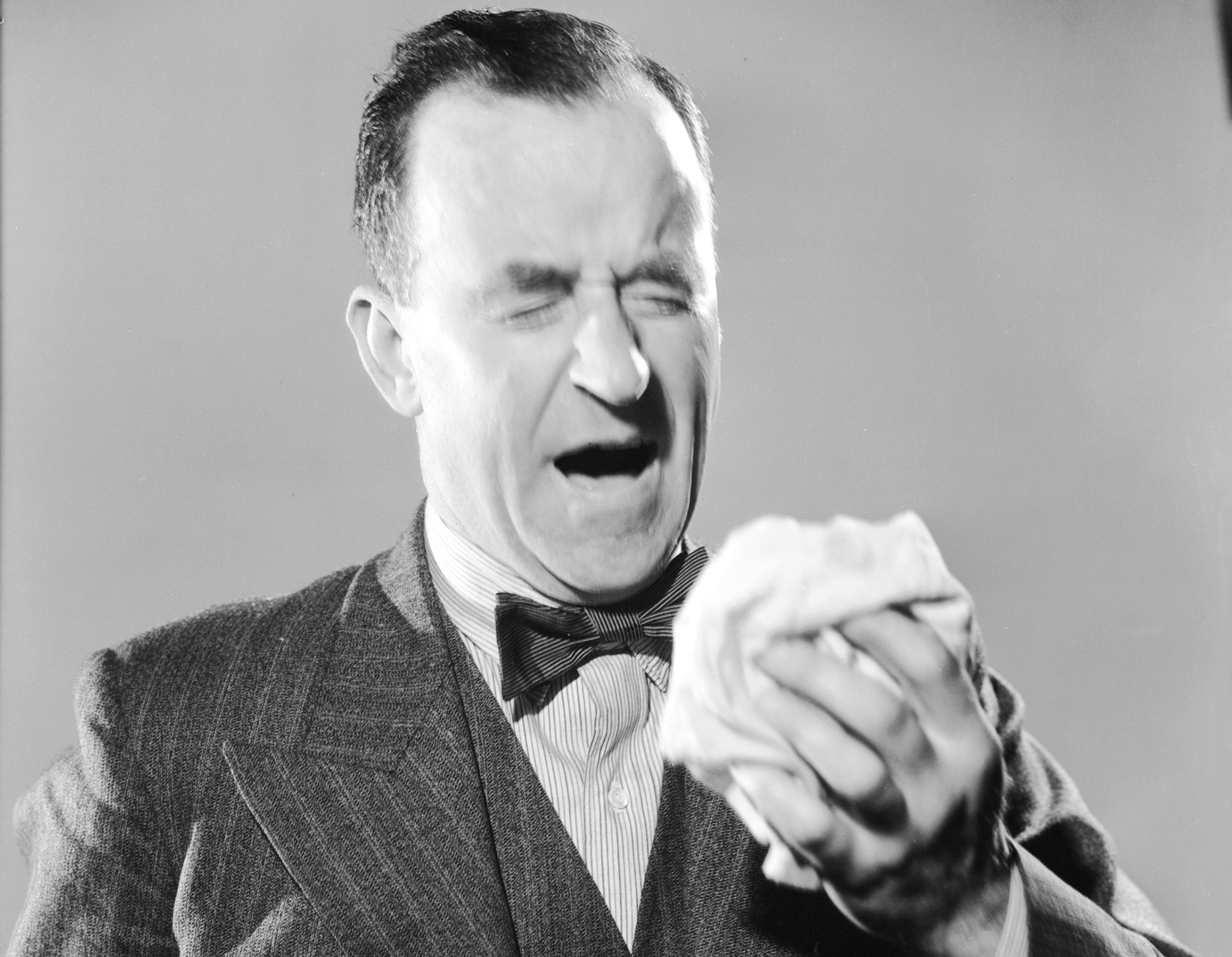Tiny molecule could be key to developing a cure for the common cold, scientists say
The peptides help the body respond to infection – and increasing their efficiency could keep the cold out

Your support helps us to tell the story
From reproductive rights to climate change to Big Tech, The Independent is on the ground when the story is developing. Whether it's investigating the financials of Elon Musk's pro-Trump PAC or producing our latest documentary, 'The A Word', which shines a light on the American women fighting for reproductive rights, we know how important it is to parse out the facts from the messaging.
At such a critical moment in US history, we need reporters on the ground. Your donation allows us to keep sending journalists to speak to both sides of the story.
The Independent is trusted by Americans across the entire political spectrum. And unlike many other quality news outlets, we choose not to lock Americans out of our reporting and analysis with paywalls. We believe quality journalism should be available to everyone, paid for by those who can afford it.
Your support makes all the difference.Scientists might be on their way to curing the common cold after discovering a tiny molecule.
The little peptide found in the immune systems of humans and animals could help scientists work towards keeping infection out of people, according to the scientists at Edinburgh Napier University who found it.
Possible treatments could be developed on the back of the antimicrobial peptides that are found naturally in humans and animals and help their bodies respond to infection.
The five-year study found that the peptides, found in different mammals, all have properties that help them combat rhinovirus – the main virus responsible for infecting humans with the cold.
Dr Peter Barlow, associate professor of immunology and infection at the university, said research is still in the early stages, but added: “We will ultimately be looking to develop drug treatments that have the potential to cure the common cold.”
The next step in the project will see scientists try to modify the peptide to make it better at killing the rhinovirus, he said.
“There is no cure and no vaccine so the development of effective therapies for human rhinovirus, the main causal agent of the common cold, and one of the most common causes of viral respiratory tract infections, is an urgent requirement,” he said.
“This study represents a major step towards finding a treatment.”
An effective treatment for the cold could help sufferers of more serious lung conditions, such as asthma and chronic obstructive pulmonary disease (COPD), for whom viral infections can pose a serious health risk.
Earlier research by Dr Barlow had underlined the potential of antimicrobial peptides in tackling the influenza A virus.
The £200,000 latest study, funded by the Chief Scientist Office and medical research charity Tenovus Scotland, expanded this work to explore the possibility of using antimicrobial peptides from pigs and sheep to fight the rhinovirus.
Using peptides synthesised in the laboratory, researchers Filipa Henderson Sousa and Dr Victor Casanova assessed the impact of the different peptides on lung cells infected with human rhinovirus.
The peptides successfully attacked the virus, and could provide clues for developing novel treatments based on peptides found in nature.
Dr Barlow said: “This is an exciting discovery and our next steps will be to modify the peptide to make it even better at killing this virus.
“This research is still in the early stages, but we will ultimately be looking to develop drug treatments that have the potential to cure the common cold.”
Additional reporting by Press Association
Join our commenting forum
Join thought-provoking conversations, follow other Independent readers and see their replies
Comments